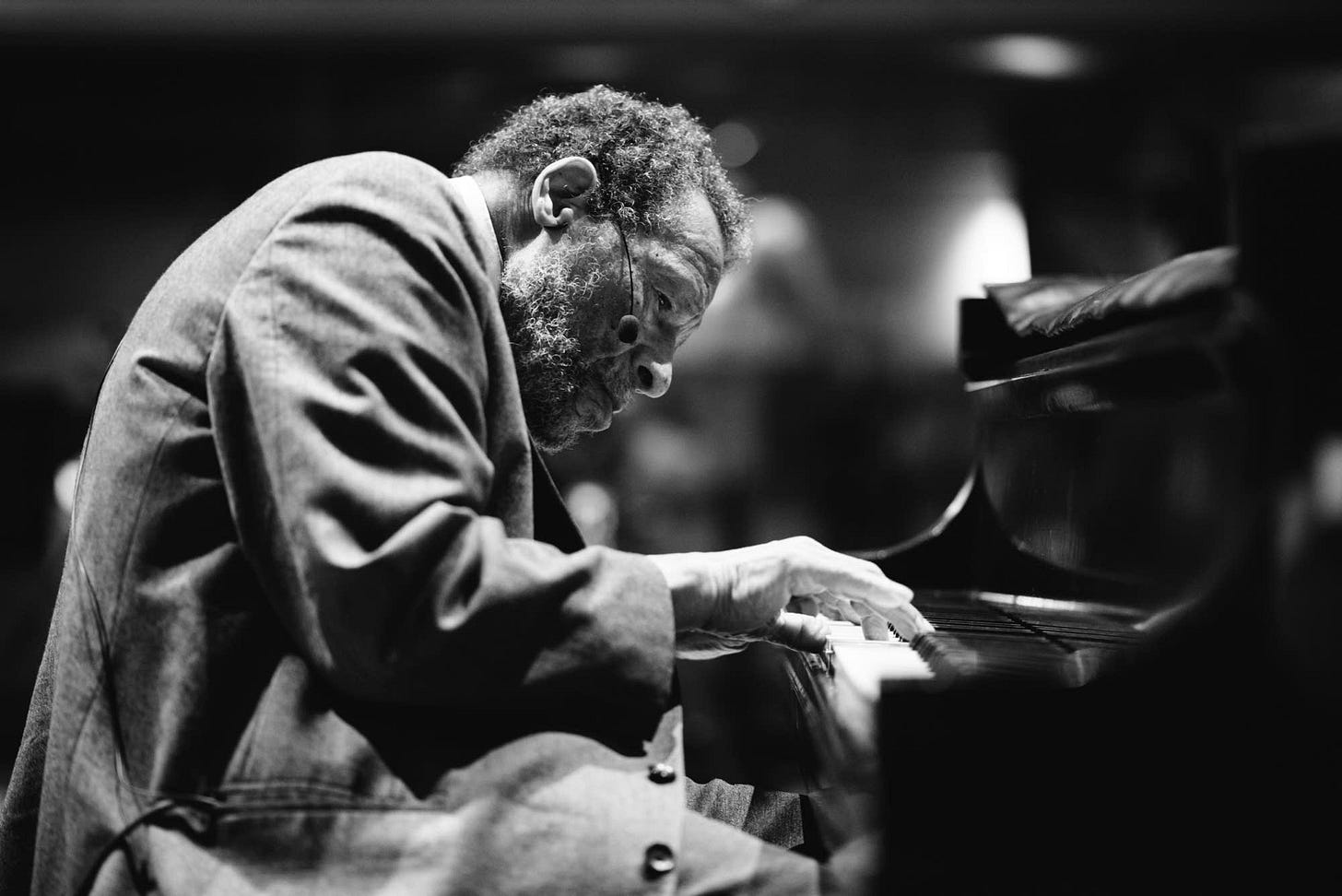#9: What is problem-living?
Plus a crisis of spirit, rogue lupine legacy genes, the best article I've ever read about EDI
You’re reading This Might Resonate, a fortnightly newsletter from me, Emily. If you like this sort of thing, you can subscribe here. If you’re one of the new subscribers this week, welcome! There are 406 of you now.
Thinking
About this insight from Cornbread Harris in 4 Life Lessons I Learned From Our Elders:
My problems ended up teaching me: How do you get out of a problem? Most of the time you don't. You just live through it.
Problem-solving might take us far professionally, but perhaps for a good life, we need to be problem-living.
What could problem-living look like? This inveterate problem-solver welcomes any ideas in the comments below…

Reading + listening
Many Different Kinds of Love: A story of life, death and the NHS. This book gave me access to a lot of pandemic grief that I didn’t know I was harbouring. Outline: A Novel, which I expected to adore, but I didn’t get on with Cusk’s flat, distanced style. A Still Life: A Memoir. George perfectly captures the geographically restricted life that many people with chronic illness and disabilities live. She describes a phenomenon I find impossible to explain to healthy people: that life with chronic illness is devastating but also very beautiful, in very particular ways, something I tried (inexpertly) to convey in this post.
This poem by Lena Khalaf Tuffaha
They call us now,
before they drop the bombs
All the stuff I got wrong in 2020. Sharmadein Reid is my number one business crush. Her yearly reflections are so generous.
A great post about menopause and how it impacts working life. Absolutely everyone, all ages, all genders, should read this.
This interview with Albrey Brown, Airtable’s head of Diversity, Equity and Inclusion, is the best article I’ve ever read about EDI: “I think that the simple measure of whether your company is diverse is how many Black women you have”.
This beautiful essay about becoming a Christian: “I realized that a crisis of limits is a crisis of culture, and a crisis of culture is a crisis of spirit”.
Suzanne Simard’s pioneering work revealed that trees communicate with each other. Read her stunning essay about forest ecosystems. When Simard writes about the increasing number of wolf prints in the snow, I physically shivered and felt a surge of fight-or-flight energy. Run. Rogue lupine legacy code in my foresty Northern European genes.
Airports are where Gen Z goes to hang out and it’s pure vibes: “I love Heathrow. We take edibles, usually chocolate truffles with hash, and just have a good time soaking up the atmosphere."
This Sex and the City mini-series on the Sentimental Garbage podcast. Caroline O’Donoghue and Dolly Alderton, two funny, talented writers, analyse each season of Sex and the City “for the great American novel it truly is”. If you are a woman in your mid-30s, you may experience this podcast about love, sex and friendship as 20 hours of free therapy. It’s also just gorgeous to overhear clever friends delighting in each other.
Writing + talking
People Development-as-a-service. I wrote about why I like this project in this thread.
I spoke about complexity-informed organisational design at the launch event of Patterns for Change, a people-centred, equitable and human approach to organisational development in the nonprofit sector. I led the first half of the project and the incredible Tayo Medupin, design strategist and design justice advocate, led the second half. At the launch, I spoke about Pattern #5: Know by trying. Read the blog post, or watch the video, which is structured around an extended pasta metaphor (I have no regrets).






Re. Problem living - I’m put in mind of the serenity prayer “grant me the serenity to accept the things I cannot change, courage to change the things I can, and wisdom to know the difference”. I’m not religious, but it seems a good aspiration. More prosaically, a car has both a steering wheel and suspension: some obstacles we can get around, some we just have to drive through and absorb the bumps the best we can. In personal things, my shock absorbers are resilience, gratitude, faith (again, not religious) and perspective. In professional / political / social contexts, they probably relate to the fact that change is a process - bitty, iterative, frustrating and complex, but valuable enough to make it worth taking a few knocks.